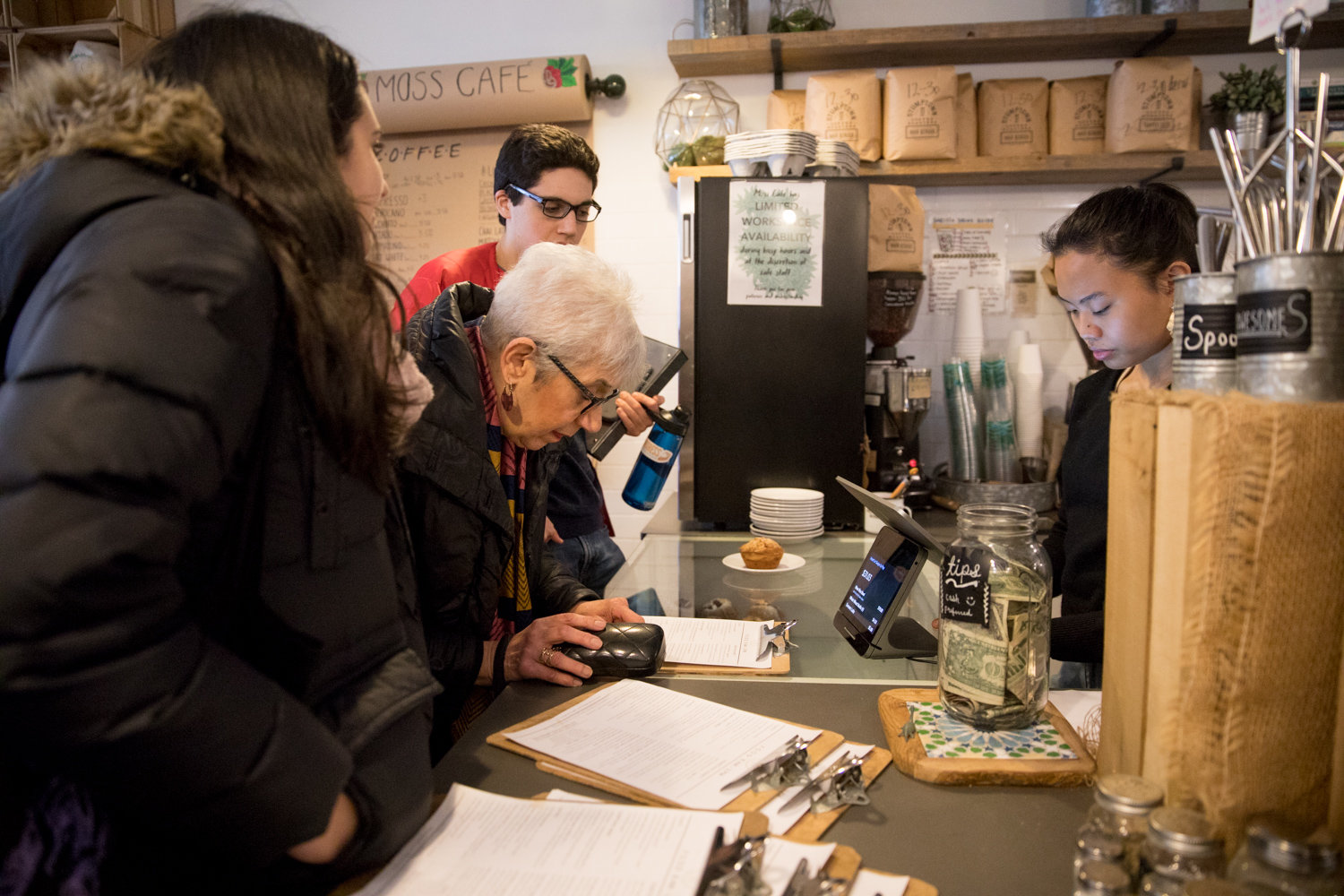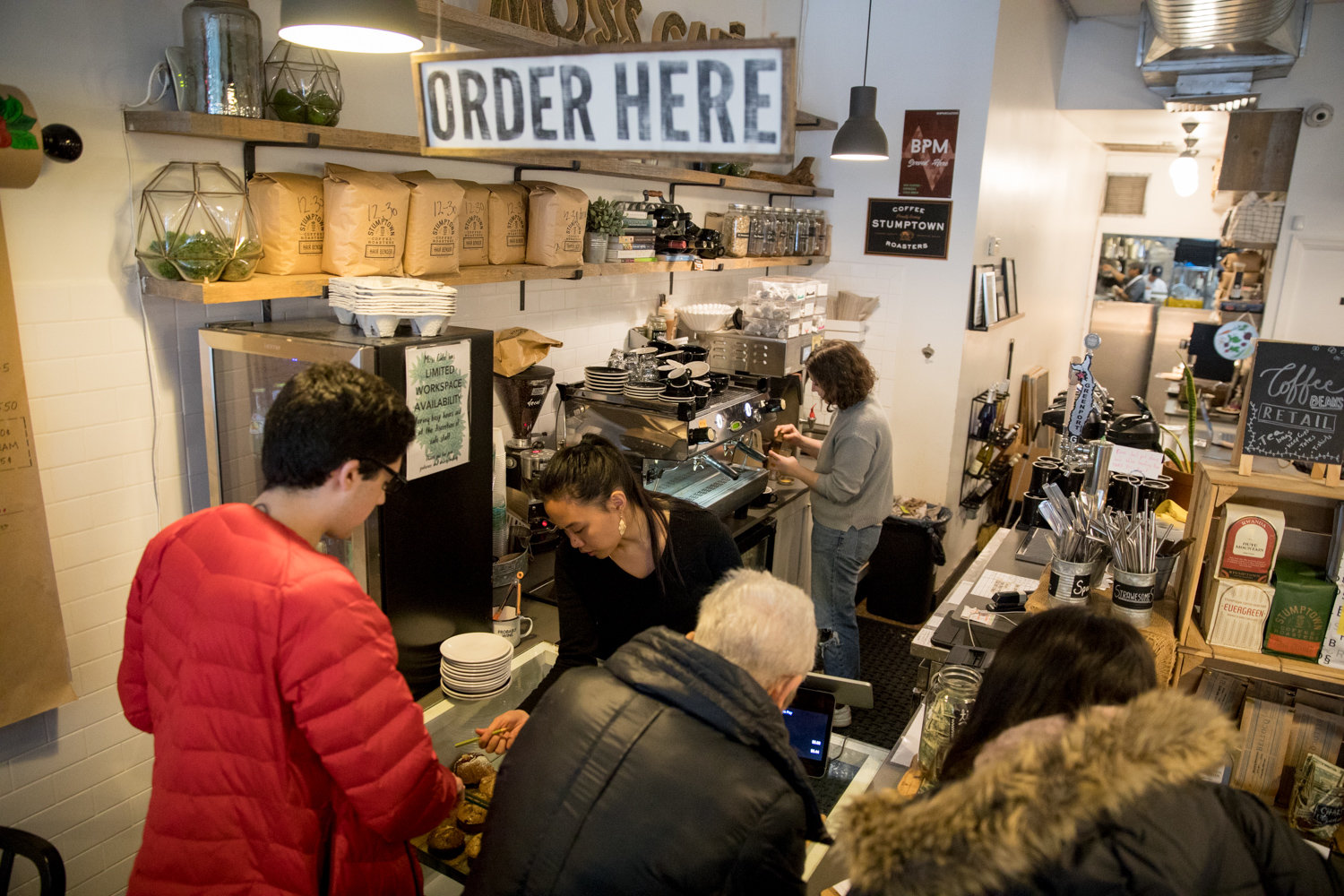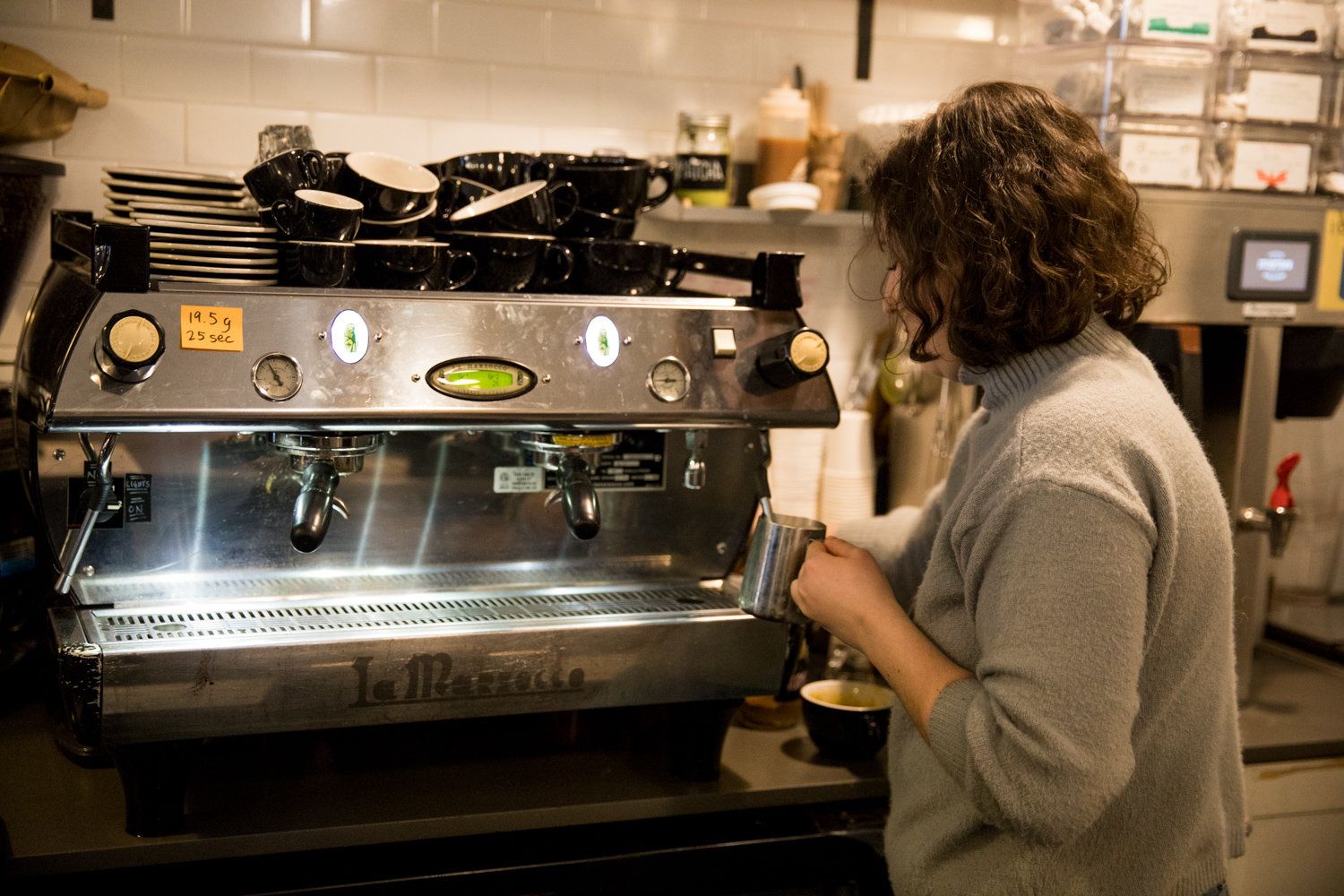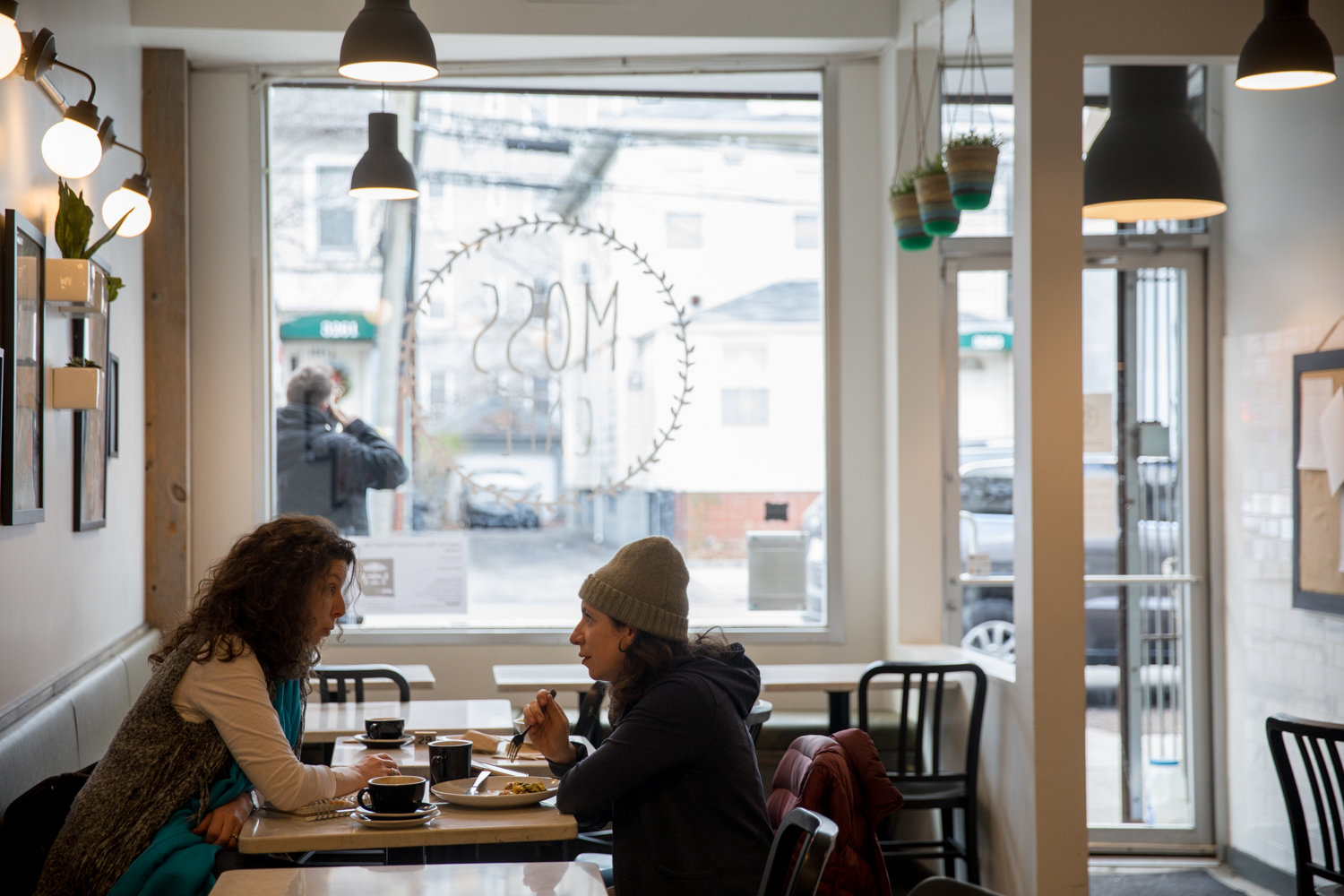Minimum wage now $15 for biz both big — and small
A new year could mean bigger paychecks for workers punching clocks in New York City’s smallest businesses.
As of Dec. 31, New York City’s minimum wage hit $15 per hour for businesses with fewer than 10 employees. Larger businesses moved to $15 last year, while smaller businesses increased to $13.50. But 2020 equalized those rates across the city.
Although she was elected after the wage increase was signed into law, state Sen. Alessandra Biaggi applauded the state’s efforts to raise the minimum wage, especially when the federal wage has been stuck at $7.25 an hour for more than a decade.
“When you look at the economic inequality in the state, and especially in the city, I think that something must happen,” Biaggi said. “I think that when we look at working New Yorkers and working families, a lot of them are working in industries where the minimum wage effects them.”
Minimum wage rose in other parts of the state as well. On Long Island and in Westchester County, hourly pay now starts at $13, compared to $10 just three years ago. And statewide, minimum wage is $11.80, compared to $9.70 at the end of 2016.
“We can’t be this city that is leading on so many other things, and be this economic and financial institution, and really being the center of the economic world, without paying the people who work in our city and state fairly,” Biaggi said.
Making more, but is it enough?
A full-time employee earning federal minimum wage grosses $15,080 annually, barely keeping a single person above the federal poverty line.
At $15 an hour, the minimum a full-time employee can make working 40 hours is $31,200 per year. While that would certainly keep many above the poverty line, Biaggi worries it’s still not enough for families to live in New York City.
A living wage — a salary rate allowing workers to pay rent, buy food, and take care of themselves with a little left over — could indeed be $15 per hour in many places. The city, however, is likely not one of those places.
“Living wage is something I’m always really advocating for,” Biaggi said. “Right now, $15 an hour is really the least we can do (for) the people who are doing the most important work that we rely on in our state, and to make our cities run.”
Yet, many living in the Bronx still struggle to pay rent, the state senator added, and without recent rent reform laws she championed, many of those people may have been forced to move.
Biaggi isn’t the only one who’s heard those complaints. Emily Weisberg, owner of Moss Café on Johnson Avenue, has heard from her own employees how difficult it is financially to stay in the area.
Weisberg has paid her employees at least $15 an hour since last year, since Moss Café qualifies as a “big employer” in the state with a staff of around 25. It was a welcome change then, she said, and a year on, the business is still doing well, even as more money is redirected to her employees.
“It was definitely challenging and definitely a concern, but I felt like it was not negotiable,” Weisberg said. “It wasn’t a question of whether I was going to cut employees — we were growing all that while. It was just a question of how am I going to make sure that I can meet these requirements.”
Many of her employees live nearby, she said, and those who don’t still live somewhere in the Bronx.
Various online listing services note hundreds of available rentals in and around Riverdale. Virtually none of those apartments, however, are available for less than $1,500 per month — which would leave a minimum wage earner just $6.35 an hour left, before taxes.
Even Biaggi said she was shocked at rental prices while apartment hunting. Just married last year, the senator and her husband make above minimum wage, yet still struggled to find something affordable in the area.
The bigger picture
Rent issues aside, Weisberg says she simply doesn’t want to take advantage of her employees.
“It shouldn’t be, ‘Oh, I’m going to get some cheap labor,’” she said. “That has an effect on people, and those people are our neighbors, and those people are our community members. I wouldn’t be able to walk around thinking I was paying my employees in a way that they were living in abject poverty.”
Many of her employees make above the minimum, Weisberg added, because she doesn’t think $15 an hour is a truly livable wage.
Opponents of raising the minimum wage claim it’s too much money for a small business to spend, forcing owners to cut hours, staff, or even shut their doors. Biaggi and Weisberg both disagree.
“I hear some people saying, ‘That’s going to put my business under,’” Biaggi said. “I ask them, very sincerely, what exactly is, how is one dollar or two dollars going to impact your business? Can you talk about your business model? Really, I think at the end of those conversations, its very clear that it’s not the minimum wage that’s putting businesses under.”
Small businesses have a responsibility to treat their employees fairly, Weisberg said, and to take charge of balancing their finances to do so.
“If we’re making the choice to open a small business, we need to know what the expectations and the requirements are,” she said. “Every small business owner, every entrepreneur, every big business owner for that matter, is going to write a business plan, is going to understand what their costs are.”
For businesses now facing the higher wage, Weisberg recommends keeping quality up to justify high prices while keeping a close eye on small expenses that might add up.
“People don’t love our prices at Moss. They think it’s because of local organic produce,” Weisberg said. “It’s not. It’s actually because we pay our workers a living wage. But it’s expensive, that’s our biggest expense. You ask any business owner their biggest expense, it’s labor.
“But I don’t want to benefit from people’s labor without seeing they can live in a reasonable way. It’s an expensive city.”

















